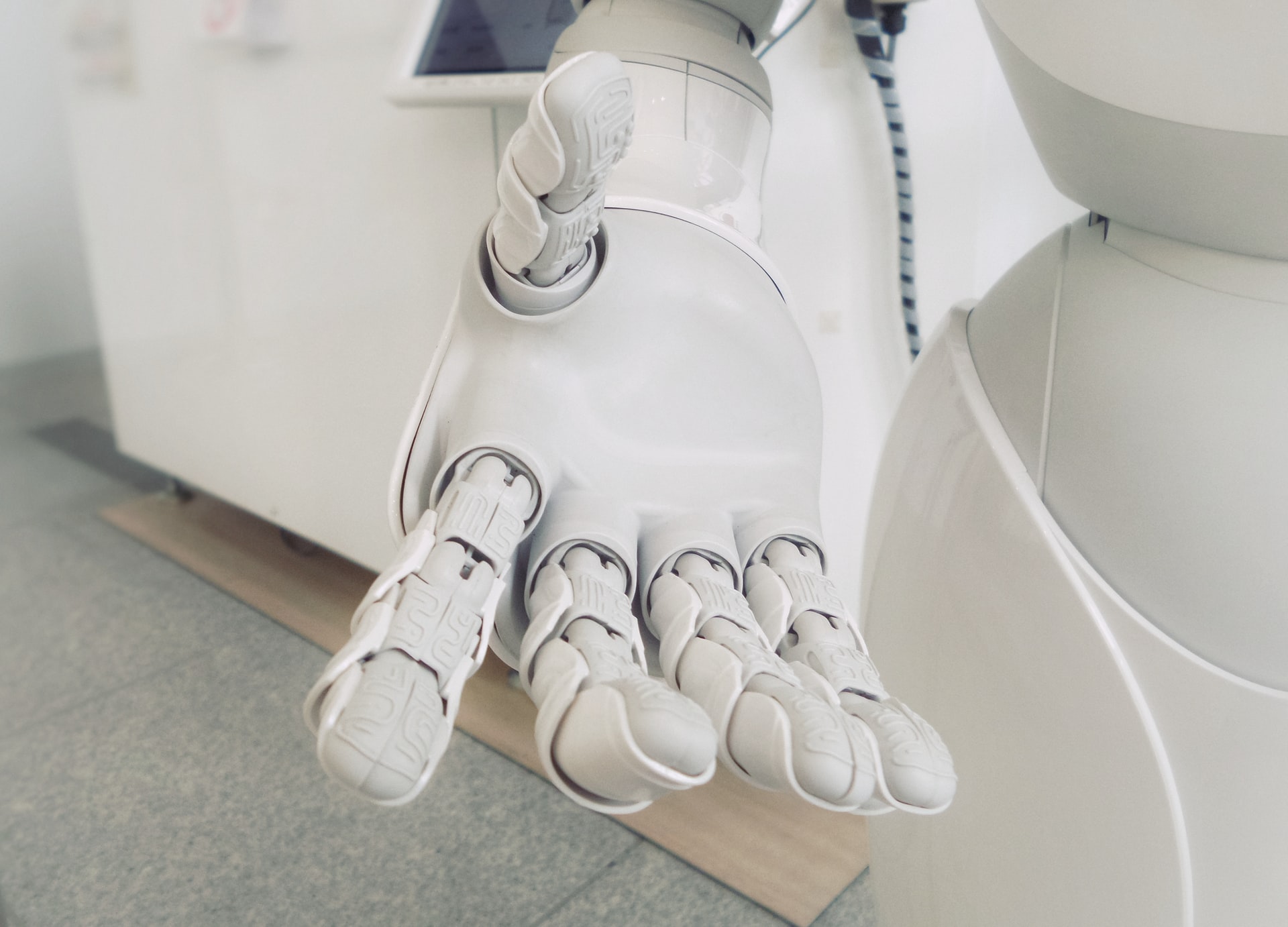 Photo by Possessed Photography on Unsplash
Photo by Possessed Photography on Unsplash
AI plays a unique role in helping to facilitate engaging learning methods that teach students through experience and critical thinking.
Every student and teacher across the globe experienced the massive challenges that evolved so ubiquitously as COVID-19 led to the shutdown of schools and a complete transformation of daily routines.
Educators had to swiftly adjust to online learning, adapting classroom techniques to their new digital settings. A multitude of training sessions and workshops were held by individuals and institutions as teachers desperately attempted to get on board with the new normal.
Keeping students engaged in online learning, whether synchronous or asynchronous, has been one of the greatest struggles educators have had to face. Ensuring that each learner is accommodated, supported, and engaged on a platform that is no longer a classroom with walls, or borders, or exclusivity, is the conundrum teachers are facing at this very moment.
As we transition into an era of diverse edtech platforms that require differentiation and individualization, we must work to utilize dynamic and contemporary learning methods and tools. For teachers and trainers to succeed in online (or even onsite or hybrid) education, which has become the varied and complex way learning takes place in our post-pandemic world, classroom strategies have to be transformed in order to engage students who are digital natives, and whose attention can only be profoundly captured by that which is collaborative and motivating. Artificial intelligence (AI) may just provide the answer.
Looking at some of the classroom techniques that involve collaboration, such as Jigsaw, Carousel, WebQuest, Graffiti Wall, Philosophical Chairs, Socratic Method, and so forth, it is easy to see how AI can enable individuals to enter a new level of learning never before experienced in a regular classroom.
The Socratic Method
The Socratic Method is one of the most effective cooperative learning techniques, and it can be facilitated seamlessly by AI. It fosters critical thinking and a sense of lifelong learning by encouraging students to use higher-order thinking skills and to develop their ability to ask critical thinking questions that lead to a more in-depth understanding of concepts. This method originates in the teaching style used by the ancient Greek philosopher Socrates, who believed that the way to identify inconsistencies and achieve a greater understanding of one’s own values, beliefs, and even convictions was to ask the right questions and constantly ask: “How do I know what I know?” ![]()
This method of teaching and learning is purely student-centered and is based on consistent questioning and subsequent discussion that is led and facilitated by a student leader and involves every students’ voice. The key aspect of this method is the ability to ask the right contemplative questions and attempt to address these with insights and even more deliberative questions. The method is inextricably linked to fostering a passion for knowledge development. Learners–or knowers, if you will–are engaged in reflective and introspective dialogue that leads to metacognitive understanding.
AI’s role in facilitating learning
Artificial intelligence has the capability to dazzle the young minds of learners who will be continuously engaged in the learning process. With the incredible capabilities that AI offers, both students and teachers will be able to engage in a continuous cycle of learning. AI can facilitate cooperative learning techniques and collaborative learning by pairing like-minded students for Peer-to-Peer (P2P) learning. It accomplishes this by providing prompts for questions in Socratic Discussions, by testing learners who want to self-assess, and by opening discussions with users of the technology.
AI has the incredible ability to ingest knowledge and learn more with each exchange, allowing those who have met their AI avatar to benefit from instruction that is uniquely catered to their own learning style and current of understanding. For educators, such edtech solutions will aid in the creation of innovative curricula and in the introduction of differentiated and individualized tasks that support every learner, no matter what their ability or preference may be.
For learners, cutting-edge AI will metamorphose their learning journey in unimaginable ways, making learning enjoyable and dynamic. The world of education is forever transformed, and by utilizing innovative AI technologies, educators will be able to face their challenges and meet and exceed the expectations of students.
Discover more About AI with RobotLAB



